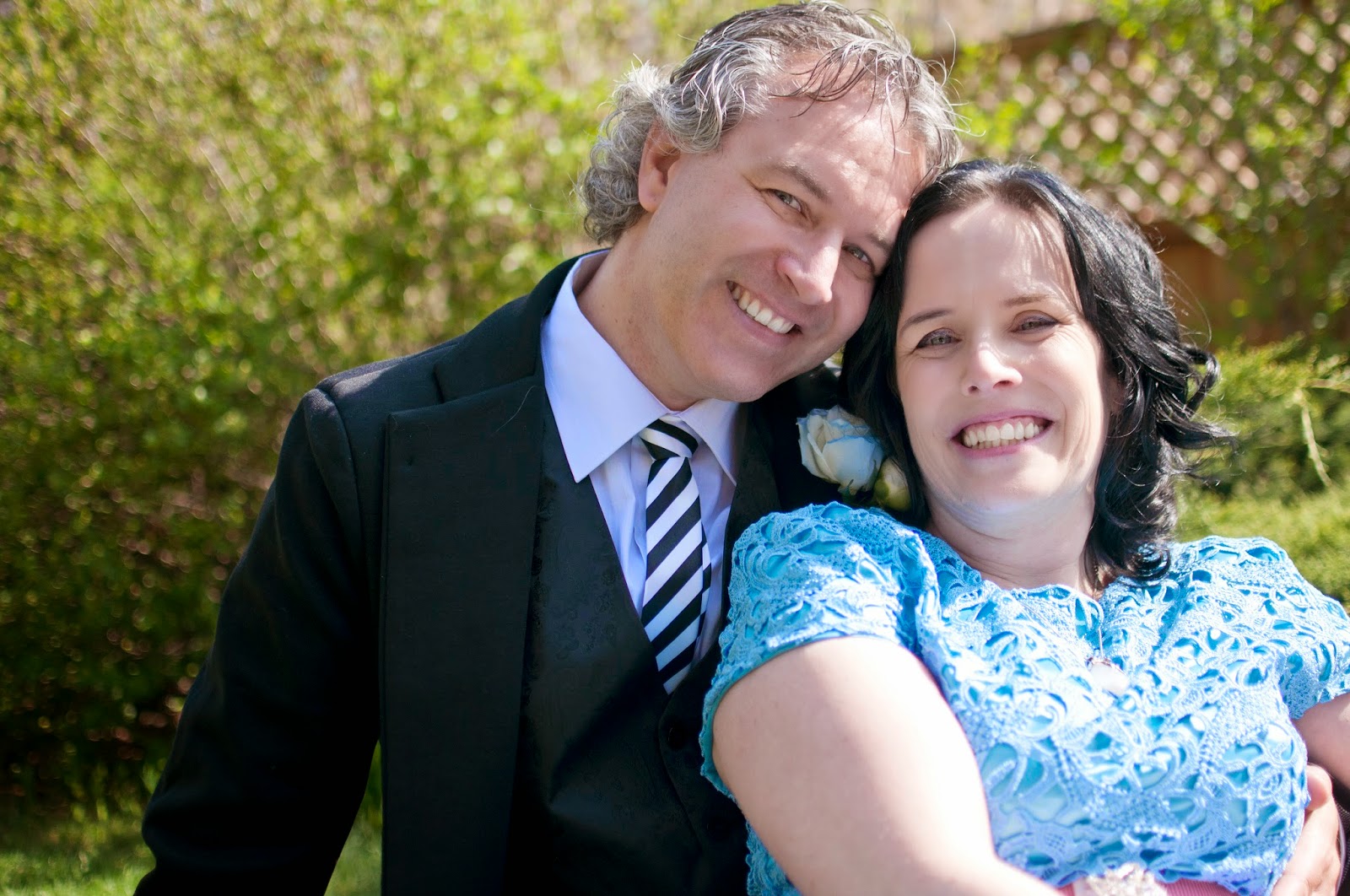 |
| Our Lady of the Wayside |
I went through a period of depression when I was in middle school, and my best friend couldn't understand what I was talking about when I told her. Was I sad? What was I crying
about?
"Haven't you ever been depressed?" I asked in astonishment.
"No," she answered frankly. "I guess I haven't."
We looked at each other like we were from different planets.
I was surprised to learn that there are people who have never been depressed. Depression has been such a regular visitor in my life that, to this day, it astounds me to meet someone who's never experienced it. Like my own husband.
He's been stressed, exhausted, anxious, sad -- he's experienced many, many of the feelings that go along with depression, but he's never had that prolonged inescapable feeling that spirals down to hopelessness, that makes you hate your life and your very own self.
Last fall was pretty bleak for me as I struggled with health issues, stress at work, and depression that didn't want to budge. It was not until I kicked the first two factors out of the way that the mood finally lifted. In fact, it lifted enough that I've been able to go through two significant losses (our dog Scooter and my friend K.B.) in less than one month without revisiting the place of self-loathing.
Having so recently weathered the storm, I was worried that I would fall again, but was fascinated to observe the difference between grief and depression. I've decided to write about it because I expect that, for many people, grief is as close as they will ever come to experiencing depression.
Much has been written about grief, and the "
five stages of grief" popularized by Elizabeth Kübler-Ross include depression as one of the stages:
- Denial
- Anger
- Bargaining
- Depression
- Acceptance
But I would say that, as I've bounced back and forth through these stages (and I am by no means "through" my grieving for K.B.), the "depression" stage has been significantly different from classic depression. I think there is a distinction between emotions and mood.
In grieving, I have felt intense emotions, feelings. My own feelings of the so-called depression stage have included sadness or sorrow, regret,
loss, longing, and loneliness. There have been plenty of tears and heavy
sighs. (The sighs were completely spontaneous and were almost laughable at how frequently they happened.) It sapped energy but also felt cathartic and honest. Rather than withdrawing, I have found a great
sense of community with others who shared my sorrow. I've even made new friends through this valley.
Depression, however, is a pervasive mood. On top of the sadness, longing and loneliness, there is despair, hopelessness, irritability, and self-hatred. When my depressions are at their worst, I just want to "make it stop" (though I couldn't really tell you what "it" is) -- by whatever means necessary. I don't feel like I will ever get through it. And I become so enveloped by the bleakness that it is all but impossible to feel empathy, compassion, or connection. Not surprisingly, relationships suffer.
The two states are rather like sisters: they share a lot in common and, from far away may look identical, but, up close, are very distinct.
 |
| Here. Have a purring kitty. |
I want to conclude with two points.
- If you've never struggled with depression, but have gone through grief, then you have some idea of the nature of depression.
- If you are grieving and find you are "stuck" or want to hurt yourself in hopelessness and despair, you may actually be depressed on top of the grief. Get help. And bookmark this article: 21 Tips to Keep Your Shit Together when You're Depressed.
I'd be interested in hearing if any of you have also noticed a difference between grieving and depression. If you've never been depressed, did this discussion help you understand?



















